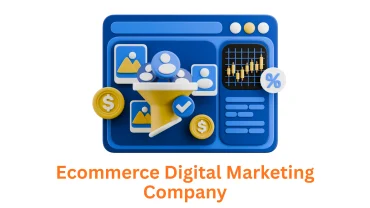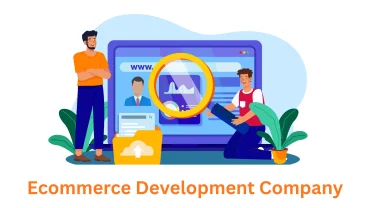Java remains a cornerstone of software development, and the demand for skilled Java consultants is booming. Companies of all sizes need experts who can architect solutions, optimize code, and troubleshoot complex problems. This guide will walk you through the steps to becoming a valuable Java consultant, covering the essential skills, training options, and job-hunting tactics.
1. Building Your Java Expertise
- Core Java Fundamentals: Mastery of object-oriented programming (OOP), data structures, algorithms, design patterns, and Java’s standard libraries is non-negotiable.
- Java Frameworks: Become proficient in popular frameworks like Spring (for enterprise applications), Hibernate (for object-relational mapping), and Struts or JSF (for web applications).
- Microservices: Understand the principles of microservices architecture and how to build, deploy, and manage microservices using technologies like Spring Boot and Docker.
- Cloud Platforms: Familiarize yourself with cloud services like AWS, Azure, or Google Cloud Platform (GCP) and how to deploy Java applications on them.
- DevOps Practices: Learn about continuous integration/continuous deployment (CI/CD), automated testing, and infrastructure as code (IaC) to streamline development and deployment.
2. Training and Certifications
- Formal Education: While not always mandatory, a computer science degree or related field can provide a strong foundation.
- Online Courses and Bootcamps: Numerous platforms offer Java courses and bootcamps to upskill or fill knowledge gaps.
- Certifications: Oracle’s Java certifications (e.g., Oracle Certified Professional, Java SE Programmer) can enhance your credibility.
- Hands-On Projects: Build personal projects or contribute to open-source Java repositories to demonstrate your skills.
3. The Java Consultant’s Toolkit
- Problem-Solving Skills: Develop your ability to analyze complex issues, devise solutions, and communicate them effectively.
- Communication Skills: Strong written and verbal communication is crucial for explaining technical concepts to stakeholders.
- Client Management: Learn how to set expectations, manage project timelines, and deliver results that meet client needs.
4. Finding Java Consulting Opportunities
- Freelance Platforms: Start on platforms like Upwork or Fiverr to build your portfolio and reputation.
- Networking: Attend tech conferences, meetups, and join online communities to connect with potential clients.
- Consulting Agencies: Consider joining a consulting firm to gain experience and access a wider range of projects.
- Direct Outreach: Reach out to companies directly with your resume and a portfolio showcasing your work.
5. The Advantages of a Career in Java Consulting
- Variety: Work on diverse projects, tackling new challenges and learning continuously.
- Flexibility: Enjoy more control over your schedule and work-life balance compared to traditional employment.
- High Demand: Java consultants are in high demand, offering excellent earning potential.
Are You Ready to Become a Java Consulting Pro?
Java consulting offers a rewarding and fulfilling career path for those passionate about technology and problem-solving. By building your expertise, staying up-to-date with the latest trends, and marketing your skills effectively, you can position yourself as a sought-after Java consultant with a bright future ahead.
If you’re looking for a reliable partner for your Java consulting needs or other development services, consider reaching out to Associative. We specialize in providing top-notch Java consulting and a wide range of other development solutions.
Services Provided by Associative:
To learn more, consider reading other articles, blogs, and stories in this area.
Why Java Consulting is Essential for Your Digital Success
Elevate Your Projects with Expert Java Consulting
The Value of Java Consulting: Expertise for Your Complex Projects



Comment (0)